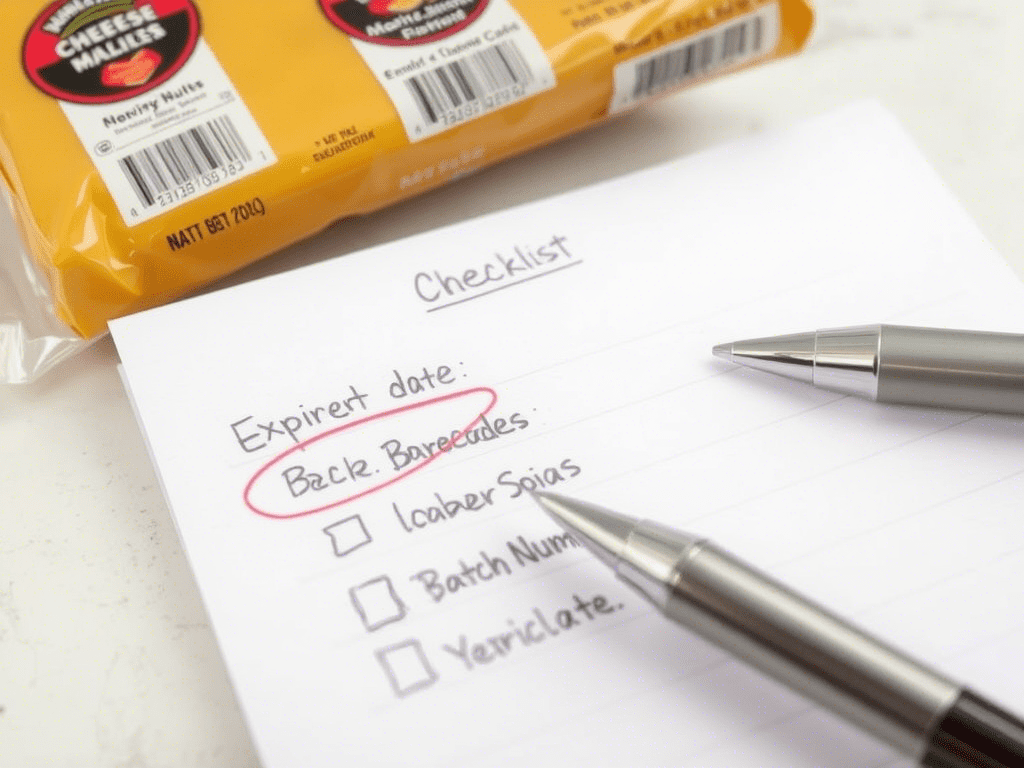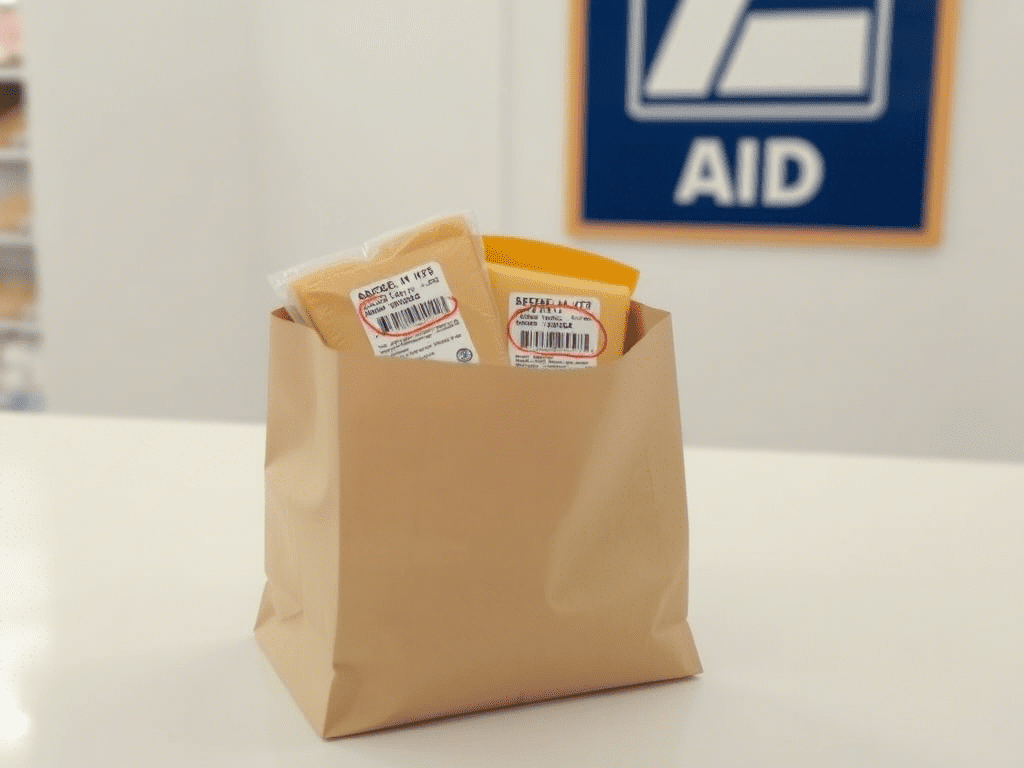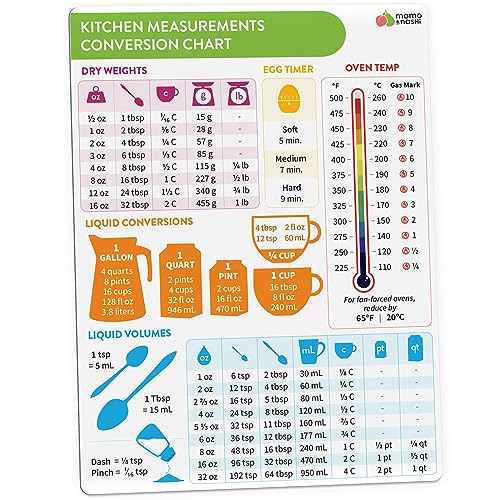5 Urgent Facts About Aldi Recalls (Including the Latest Cheese Warning)
Imagine heading home from Aldi with your favorite block of cheese, ready to whip up a cozy dinner. Later, you discover it’s part of a national recall. That can be a serious issue, especially when food safety is on the line.
Product recalls happen more often than many people realize. And when it comes to food, especially dairy, there is no room for guessing. Aldi recalls have recently gained attention due to concerns about contaminated cheese that could lead to health risks such as foodborne illness or allergic reactions.
The good news? Aldi usually acts quickly and responsibly when a product is flagged. But as a shopper, it’s up to you to stay alert. Whether it’s an Aldi cheese recall, or any other recalled Aldi cheese product, knowing how to respond is essential.
In this article, you’ll get the facts about the latest Aldi cheese recall. We’ll cover how to check your product, what steps to take, and how to stay informed. If you’ve wondered whether your groceries are safe, this guide on Aldi recalls will help you take action fast and protect your family.
Table of Contents
What Are Aldi Recalls?
An Aldi recall happens when a product sold at Aldi is found to pose a potential health risk or fails to meet safety standards. This could be due to contamination, mislabeling, undeclared allergens, or even packaging issues. When a product doesn’t meet regulations, Aldi works with government agencies like the FDA or USDA to pull it off the shelves and notify customers.
Recalls are often initiated by suppliers or testing agencies, but Aldi takes responsibility by removing the affected products and informing the public. In the case of the recent Aldi cheese recall, the concern involved specific batches of cheese that may have been contaminated or mislabeled.
Understanding recalled Aldi cheese cases can help you avoid health issues and know what signs to watch for. Whether it’s mold growth, off-smells, or missing allergy information, each warning is important.
Aldi recalls are part of a bigger effort to ensure food quality and consumer safety. But it’s still important for shoppers to stay updated and check their purchases regularly. Knowing how these recalls work is the first step toward protecting yourself.
Recent Aldi Cheese Recalled: What Happened
The most recent Aldi recall focused on specific cheese products that may have posed a health risk. Certain batches of soft cheeses sold under Aldi’s private label were removed from shelves after safety concerns were reported.
This Aldi cheese recall was triggered by potential listeria contamination. Listeria is a harmful bacteria that can cause severe illness, especially for young children, pregnant women, and older adults. Recalled Aldi cheese products can be dangerous even if they look or smell normal.
Aldi acted quickly to pull the affected products from stores and shared recall details with customers. They also offered full refunds and urged buyers to stop using the items. If you recently bought cheese from Aldi, it is important to check the label and packaging carefully.
Look for specific lot numbers or expiration dates listed in Aldi’s official recall notice. These alerts are often posted online or shared through customer emails if you are signed up for updates.
Knowing how to identify recalled Aldi cheese can help you protect your health and make smart choices. Staying alert about Aldi recalls is a key part of safe grocery shopping.
How to Check If You Bought Recalled Aldi Cheese

To know if your cheese is affected by the latest Aldi recalls, you only need to follow a few simple steps. Begin by locating the product label. Look closely at the brand name, the type of cheese, the expiration date, and the lot number. These details are usually printed on the back or bottom of the packaging.
Once you have this information, visit the official Aldi website or the FDA’s recall announcements page. Search for the recall notice and compare the information on your product with the one listed in the alert. If your cheese matches the details in the recall, you should stop using it immediately.
Even if the cheese appears fresh and smells normal, it may still carry harmful bacteria. Recalled Aldi cheese can include risks such as listeria contamination, which may not be visible or obvious.
The best course of action is to bring the product back to any Aldi store. You do not need a receipt. Aldi’s refund policy allows customers to return recalled items with ease. You will receive a full refund for any affected product.
To stay ahead of future Aldi cheese recalls, consider signing up for alerts through the FDA, USDA, or Aldi’s newsletter. Keeping your family safe only takes a few minutes of checking and acting on recall updates.
Why Product Recalls Happen at Aldi
Aldi recalls often happen when a food item no longer meets safety standards set by national agencies like the FDA or USDA. These recalls can involve many types of products, but dairy and cheese are among the most sensitive. The most recent Aldi cheese recall is a good example of how fast a brand must act when food safety is at risk.
Most of the time, the problem does not start with Aldi directly. It begins with the original producer or distributor. When a supplier discovers a contamination issue or mislabeling, Aldi is notified and begins removing the affected product from store shelves.
There are several common reasons for a recall. These include the presence of bacteria like listeria, undeclared allergens such as milk or nuts, and packaging that does not list ingredients correctly. Sometimes, storage or transport issues can also affect the safety of cheese and other perishable foods.
In the case of recalled Aldi cheese, the issue may involve both contamination and labeling concerns. That is why it is so important for shoppers to check every product label, especially if they have food sensitivities or allergies.
Aldi recalls are also influenced by customer feedback. If a group of shoppers report unusual smells, textures, or illnesses after eating a product, Aldi investigates quickly. This action often results in a formal recall notice and a refund option for anyone who purchased the affected item.
By staying aware of why Aldi recalls happen, shoppers gain a better understanding of how food safety is maintained. The process is designed to protect the public and reinforce trust in the brand. Aldi’s response to each recalled product, including the most recent cheese issues, shows that the company takes customer health seriously.
What to Do If You Bought Recalled Aldi Cheese

If you bought cheese from Aldi and it is part of a recall, the most important step is to stop using it right away. Even if it looks fine or has not caused any symptoms, do not take risks with your health.
Start by checking the product label. Look at the brand name, cheese type, expiration date, and lot number. If any of those match the official recall notice, set the product aside.
Next, place the item in a sealed bag and return it to your local Aldi store. You do not need a receipt. Aldi’s return policy during recalls is clear and simple. Bring the product back, and you will get a full refund.
If you already consumed part of the recalled cheese and are feeling unwell, consider contacting a doctor. Symptoms of contamination may include stomach pain, nausea, vomiting, or fever. Listeria infections can be serious, especially for pregnant women, older adults, or people with weakened immune systems.
You should also report the issue to the FDA’s online recall system. Your report may help others stay safe and may contribute to better safety measures in the future.
It is also helpful to follow Aldi’s customer updates through their website or mobile app. This allows you to stay informed about current and future Aldi recalls, especially those involving sensitive products like cheese.
Taking fast action during a recall helps protect your family and keeps unsafe products out of your kitchen. Aldi makes the return process easy, so never hesitate to bring back a recalled item.
Common Cheese Products Recalled by Aldi
Over the years, Aldi recalls have included a variety of cheese products. These recalls happen for different reasons, but they usually involve popular items that many shoppers keep in their refrigerators.

Some of the most frequently recalled Aldi cheese products include:
- Soft cheeses like Brie and Camembert, which are more likely to carry bacteria such as listeria due to their moisture content
- Shredded cheese blends, which may be contaminated during packaging or suffer from labeling issues
- Sliced deli cheeses, often recalled for cross-contamination with allergens
- Cheese cubes used in snack packs or party trays, which are sometimes affected by storage temperature issues
- Specialty cheeses like goat cheese or blue cheese, which can have inconsistent quality or safety due to how they are processed
In recent Aldi cheese recalls, soft cheese products were the most commonly affected. These products often come in plastic tubs or shrink-wrapped containers and are sold under Aldi’s private labels. When contamination is suspected or confirmed, Aldi issues a recall notice and removes the items from shelves immediately.
It is important to understand that not all Aldi cheese products are risky. Most of them pass strict quality control, but when an issue does happen, it tends to involve dairy products that spoil easily or are more sensitive to handling.
If you often buy Aldi cheese, check the news and recall alerts regularly. Being familiar with which types of cheese are commonly recalled can help you shop more carefully and store products safely at home.
How Aldi Handles Recalls Compared to Other Supermarkets
When it comes to food safety, Aldi has built a reputation for acting fast and communicating clearly. Compared to other supermarkets, Aldi’s recall process is often quicker and more transparent. The goal is to protect customers and maintain trust.
One way Aldi stands out is through its recall alerts. When a product like cheese is recalled, Aldi updates its website, sends emails to customers who signed up for alerts, and posts notices in-store. These alerts are easy to read and include the product name, lot number, expiration date, and reason for the recall.
Other large grocery chains also issue recalls, but Aldi’s system is known for being simple and customer-friendly. The refund process is smooth. Shoppers do not need a receipt. They just bring the product to the store, speak with a staff member, and receive a full refund.
In many cases, Aldi removes the recalled items faster than other retailers. While some stores take a few days to react, Aldi usually pulls the products as soon as the issue is confirmed. This quick action reduces risk for shoppers.
Some other supermarkets may offer detailed press releases or post information on third-party sites. Aldi keeps everything in one place, which makes it easier for regular shoppers to find what they need.
While no grocery chain is perfect, Aldi has shown that it takes product recalls seriously. From cheese to meat or snacks, each recall is handled with customer health in mind.
What Experts Say About Aldi Cheese Recalls
Food safety experts often view Aldi cheese recalls as a positive sign that the company takes action when needed. Rather than hiding issues or delaying public communication, Aldi responds quickly and keeps its customers informed.
According to food science professionals, soft cheeses are among the most vulnerable to contamination. This includes products like Brie, goat cheese, and sliced cheeses found in Aldi stores. Experts agree that recalling these items promptly is the best way to prevent larger health concerns.
When the Aldi cheese recall made headlines recently, consumer advocacy groups praised Aldi’s transparency. They noted that the company provided full details in the recall notice, including affected batch numbers and refund instructions.
Nutritionists also warn that some recalled Aldi cheese products may affect sensitive individuals. For example, people with compromised immune systems should be extra cautious with any recalled food, especially dairy items that may contain listeria or other bacteria.
Many food safety organizations suggest shoppers stay alert by regularly checking official recall pages and subscribing to Aldi’s newsletter. Experts recommend this practice not just for cheese, but for any perishable grocery item.
In the end, expert opinion supports how Aldi handles its recalls. By acting fast and sharing clear information, the company limits exposure and helps shoppers make safe, informed decisions.
How to Stay Informed About Future Aldi Recalls

If you often shop at Aldi, staying informed about future Aldi recalls is one of the smartest things you can do. Knowing when cheese or other products are recalled helps protect your household from health risks and keeps your pantry safe.
The easiest way to stay updated on Aldi cheese recalls is by visiting Aldi’s official recall page. This section of the website lists recent recalls with full details, including the type of product, affected lot numbers, expiration dates, and refund instructions.
You can also subscribe to Aldi’s email newsletter. By signing up with your email, you will receive alerts whenever a product is recalled. This is especially helpful if you frequently buy cheese or dairy products, as these are more likely to be affected by safety issues.
Another way to keep up with recalled Aldi cheese is by checking the FDA and USDA recall pages. These government resources publish alerts about food recalls nationwide, including those involving Aldi products. You can even filter by category, such as cheese, to find updates faster.
Many health and consumer protection websites also cover Aldi recalls. They explain the risks in simple terms and offer guidance on what to do if you have already purchased a recalled product.
Social media can also be helpful. Aldi’s official pages on Facebook and Twitter often share urgent updates, including cheese recalls. Following these accounts gives you quick access to important information.
By using these tools, you can stay ahead of the latest Aldi recalls. Whether it involves soft cheese, sliced cheese, or shredded cheese, you will be prepared to act quickly and keep your food supply safe.
How Aldi Cheese Recalls Affect Customer Trust
Product recalls are never ideal, but how a company responds to them says everything about its values. In the case of Aldi cheese recalls, most shoppers see these actions not as failures, but as signs of responsibility.
When Aldi issues a recall for cheese or any other product, it does not hide the information. It shares updates clearly, offers full refunds, and posts signs in stores to make sure customers are aware. This level of honesty builds long-term customer trust.
Many Aldi shoppers say they continue to buy cheese and other recalled products because they trust how Aldi handles the situation. The quick reaction, easy refund process, and clear communication make people feel respected and protected.
Some customers even view Aldi cheese recalls as proof that the store is always watching out for safety. They believe that Aldi takes extra care to ensure that only high-quality products stay on the shelves. This transparency keeps people coming back.
Unlike brands that ignore problems or respond too late, Aldi takes fast action. That approach has helped the company build a reputation for safety, especially with sensitive products like cheese.
In the end, Aldi recalls may cause short-term concern, but they often lead to stronger customer loyalty in the long run. Consumers feel more secure knowing that the store will always prioritize health and honesty.
FAQs About Aldi Cheese Recalls
Q1: Why is Aldi cheese recalled so often?
Aldi cheese recalls tend to involve soft or specialty cheeses, which are more prone to contamination. These products have higher moisture content and are sensitive to temperature, packaging, and shelf life. Aldi issues recalls when safety standards are not met, often due to supplier issues.
Q2: What kinds of Aldi cheese are usually affected?
The most commonly recalled Aldi cheese products include Brie, goat cheese, shredded cheese blends, and pre-sliced cheeses. These items are often part of snack trays, deli selections, or seasonal items.
Q3: How can I check if my Aldi cheese is recalled?
Check the official Aldi recall page for up-to-date notices. Look for the cheese type, brand, lot number, and expiration date. You can also search “Aldi cheese recall” on trusted food safety websites or follow Aldi’s email alerts.
Q4: What should I do if I ate recalled Aldi cheese?
If you experience any symptoms like stomach pain, nausea, or fever after eating recalled cheese, seek medical advice. For most people, the risk is low, but those with weakened immune systems or food sensitivities should act fast.
Q5: Are all Aldi cheese products unsafe?
Not at all. Most Aldi cheese products are safe, high quality, and meet all safety standards. Recalls are isolated to specific batches and are handled with transparency. It’s always good to stay alert, but there’s no reason to avoid Aldi cheese entirely.
Q6: Can I get a refund without a receipt?
Yes. If your cheese is part of an Aldi recall, just bring the product back to the store. No receipt is needed. You’ll receive a full refund, and Aldi staff are trained to assist during recall situations.
Final Thoughts, Internal Link, and Amazon Picks
Aldi cheese recalls highlight the importance of staying informed about food safety. Whether you’re purchasing everyday cheese snacks or preparing a meal for guests, being aware of product recalls helps protect you and your family. The recent Aldi cheese recall underscores the need to check labels, store products properly, and return any items that may be unsafe.
By monitoring Aldi’s recall alerts, understanding which types of cheese are frequently recalled, and taking prompt action when necessary, you can maintain a safe kitchen environment.
Further Reading on Food Safety
Explore this article for more insights:
- Cucumber Recall Alert – Stay updated on recent produce recalls and ensure your family’s safety.
Essential Kitchen Tools for Food Safety
Consider these tools to enhance food safety in your kitchen:foodandwine.com
- Spring Chef Stainless Steel Magnetic Measuring Spoons Set – Ensure accurate measurements for recipes.
- OXO Good Grips 2-Cup Angled Measuring Cup – Simplify liquid measurements with ease.
- Greater Goods High Capacity Kitchen Scale – Monitor portion sizes effectively.
- KitchenAid Universal Easy To Read Measuring Cup and Spoon Set – Achieve precise measurements for dry ingredients.




